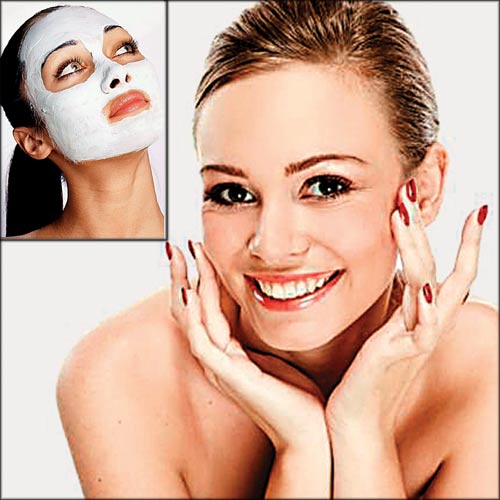
Various forms of bleaching have been used for this purpose — from the natural ones like using lemon or potatoes to the various cosmetic bleaches. However, recently more women are using household bleach in the hope of making their skin glow. This is following a recent study at Stanford University School of Medicine where researchers tested mice with radiation dermatitis — a side-effect of chemotherapy and radiation treatments — by bathing them in a diluted bleach solution for 30 minutes a day. They found that ‘the inexpensive, widely available household chemical could provide a new way to treat skin damage caused by radiation therapy, excess sun exposure or ageing.’ However, a lot of doctors have warned against this trend saying it can do more harm than good.
Don’t confuse face and body bleach
Dr Amrapali Patil, founder Trim n Tone, says without human or clinical studies supporting them, animal studies cannot be solely extrapolated to the effects of any drug, substance or chemical in humans. ‘Bleach to some degree has a corrosive effect and in inflammatory conditions such as dermatitis it will aggravate the condition. This would set up the affected area to be superimposed by infection and more irritation not to forget about the carcinogenic potential of such a product. Also, the skin would become prone to hyper pigmentation and tanning thus becoming more cancer prone,’ she says adding that she doesn’t advocate the use of household bleach on the face. ‘Cream bleach is suitable for lightening dark facial hair. Face bleach has a different concentration than body bleach. Since the skin of the face is more sensitive, it is prone to irritation quicker than any other part of the body. Also, it is more exposed to the sun than any other part of the body. So use only face bleach for facial hair lightening
Be careful
Dr Satish Bhatia, dermatologist, Dermetics, warns that one must not blindly follow studies. ‘I absolutely do not agree with the study because diluted bleach solution causes cancer to the skin according to the US Journal. We should not always go by these studies. If you’re using bleach, apply 1:10 dilution of distilled water or more than that depending on the skin type and only use on the less sensitive parts of the body to be sure that it won’t irritate your facial skin.’ He adds, that while cream bleaches contain a low amount of bleach i.e. two or three per cent, they may cause eczema or acne depending on how sensitive the skin is
Some precautions by Dr Amrapali Patil
- Use facial bleach for face and body bleach for body.
- Always do a patch test of the bleach to be used before applying it directly on face. Such a test should be done on the arm. Wait for upto 24 hours before using on large areas.
- Don’t use near the eyes, inside the nose or ears.
- Don’t use bleach on scar tissue, warts, moles or near genitals.
- Bleach shouldn’t be used over sunburnt, irritated, chapped skin, or an area that is freshly shaved.
- Bleaching isn’t safe to use on areas where you are using chemical peels or substances such as Retinol.
- Metal and bleach don’t go well. Therefore, don’t mix bleach in a metal container.
- Avoid sun exposure after bleaching for a day
Source: newsr

